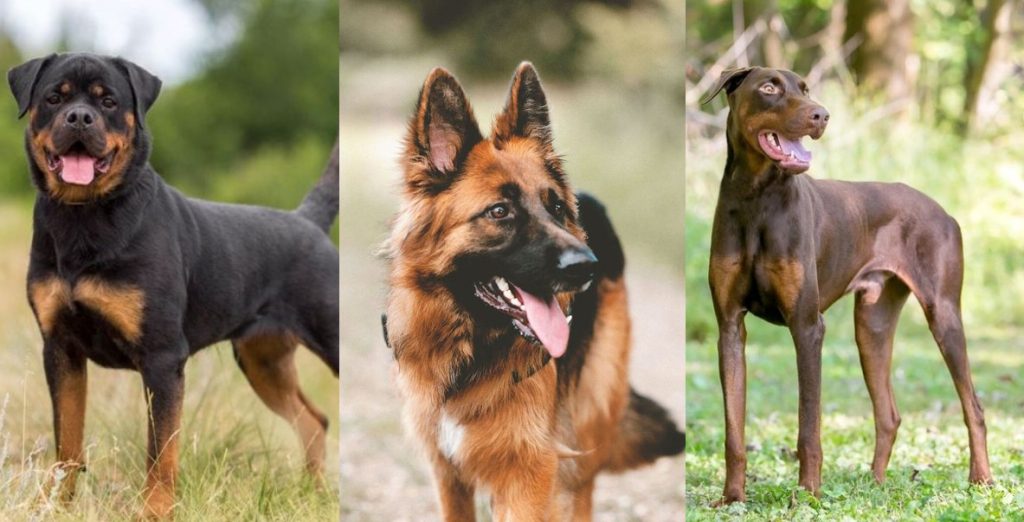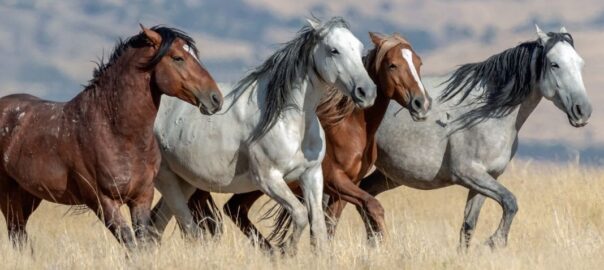Feeling safe and secure in your home is paramount. While alarm systems and security cameras offer technological solutions, there’s nothing quite like the peace of mind that comes with a loyal and protective guard dog. But with so many breeds boasting guarding instincts, how do you choose the best guard dog for your specific situation?
This article will explore the key characteristics of effective guard dogs, highlight some of the most popular breeds known for their protective prowess, and guide you through the factors to consider when selecting the perfect canine guardian.
What Makes a Good Guard Dog?
A good guard dog isn’t just about aggression. It’s a complex combination of traits:
- Intelligence: A smart dog is easier to train and can quickly learn to differentiate between harmless visitors and potential threats.
- Loyalty: A loyal dog is deeply bonded to its family and will be highly motivated to protect them.
- Courage: A guard dog needs the confidence to stand its ground and deter intruders.
- Alertness: A vigilant dog will be aware of its surroundings and quick to detect unusual activity.
- Trainability: The ability to be trained is crucial for channeling protective instincts appropriately and preventing unwanted aggression.
- Physical Prowess: Size and strength can be important deterrents, especially for larger properties.
Top Guard Dog Breeds:
While individual personalities and training play a significant role, certain breeds are genetically predisposed to possess the traits of a good guard dog. Here are a few popular choices:
- German Shepherd: Renowned for their intelligence, trainability, and loyalty, German Shepherds are a versatile choice for families and professionals alike. They are highly adaptable and can be trained for various security roles.
- Rottweiler: Powerful and confident, Rottweilers are natural protectors with a strong guarding instinct. They require experienced owners and consistent training to ensure proper socialization and control.
- Doberman Pinscher: Sleek, intelligent, and fearless, Dobermans are known for their speed and agility. They are highly trainable and make excellent personal protection dogs.
- Belgian Malinois: Similar to German Shepherds but with even higher energy levels, Belgian Malinois are incredibly intelligent and driven. They excel in law enforcement and military roles but require experienced handlers and significant training.
- Giant Schnauzer: A larger and more imposing version of the Standard Schnauzer, the Giant Schnauzer is a courageous and protective breed. They require firm training but are fiercely loyal to their families.
- Komondor: This Hungarian livestock guardian dog is known for its distinctive corded coat and unwavering dedication to protecting its flock. They are independent and require experienced owners who can provide consistent training and socialization.

Choosing the Right Guard Dog for You:
Selecting the perfect guard dog is a personal decision that should be carefully considered:
- Your Lifestyle: Do you have the time and energy to provide the necessary training, socialization, and exercise for a high-energy breed like a Belgian Malinois? A less demanding breed like a Great Pyrenees might be a better fit for a more relaxed lifestyle.
- Your Experience: If you’re a first-time dog owner, a breed like a German Shepherd, known for its trainability, might be a better choice than a Rottweiler, which requires more experienced handling.
- Your Family: Consider your family composition, including children and other pets. Some breeds are naturally more tolerant of children than others. Proper socialization from a young age is crucial for any guard dog living with children.
- Your Property: The size and layout of your property will influence the type of guard dog that is suitable. A large, open property might benefit from a breed with a strong territorial instinct, while a smaller property might be better suited for a more compact breed.
- Your Needs: What are you hoping to achieve with a guard dog? Are you primarily looking for a deterrent against intruders, or do you need a dog capable of personal protection?
Important Considerations:
- Training is Key: Regardless of the breed, proper training is essential for any guard dog. This includes obedience training, socialization, and specific training for guarding behaviors. Seek guidance from a qualified and experienced dog trainer.
- Socialization: Early and consistent socialization is crucial to ensure your dog is well-adjusted and can distinguish between threats and harmless visitors. Expose your dog to a variety of people, places, and situations from a young age.
- Liability: Owning a guard dog comes with responsibilities. Be aware of local laws regarding dog ownership and take steps to minimize your liability, such as proper fencing and signage.
Beyond the Breed: The Importance of Individual Temperament
While breed characteristics provide a good starting point, remember that individual dogs within a breed can vary significantly in temperament. When choosing a guard dog, spend time with the individual dog and observe its behavior. Look for a dog that is confident, alert, and responsive to training.
Ultimately, the best guard dog is one that is well-trained, well-socialized, and well-suited to your individual needs and lifestyle. By carefully considering these factors, you can choose a canine companion that will provide you with both security and unconditional love for years to come.









